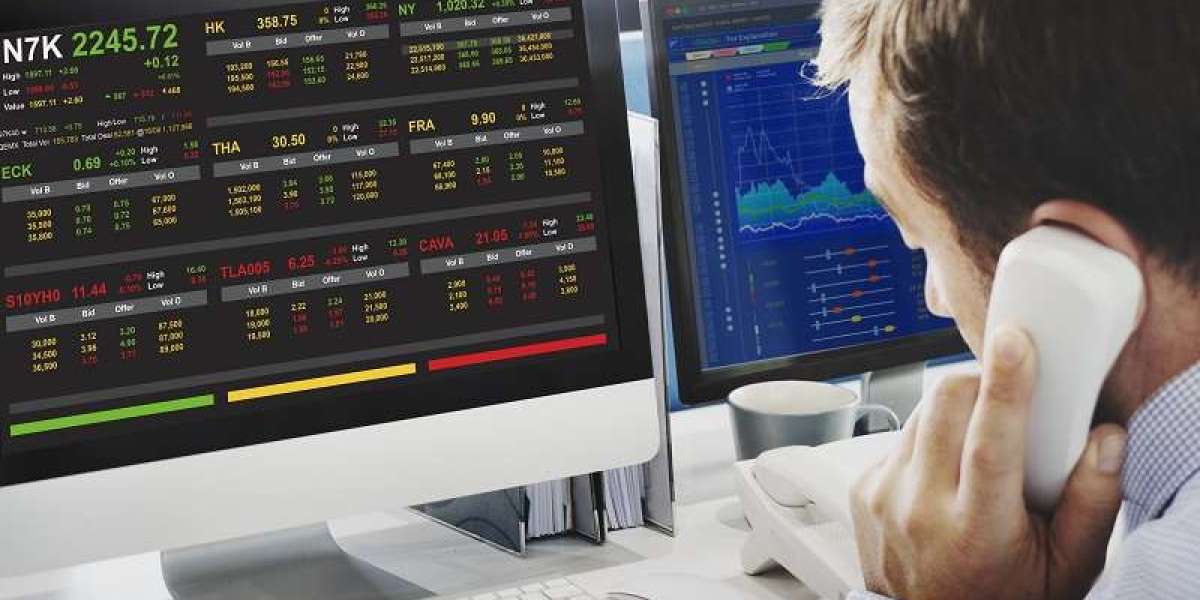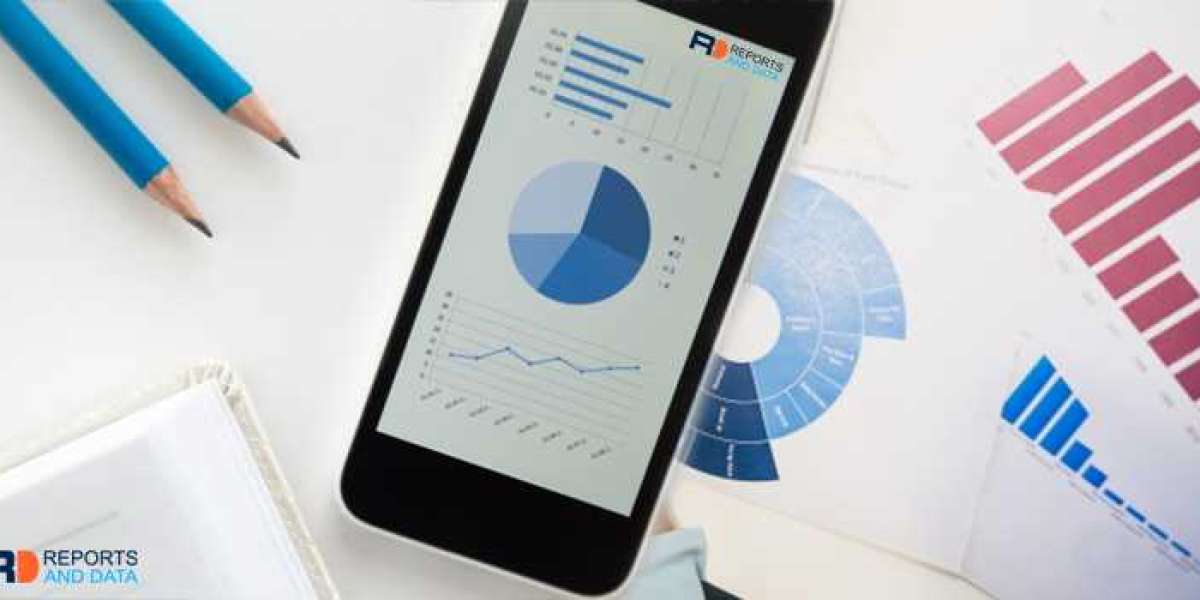The stock market, a dynamic realm of buying and selling securities, operates within established trading hours. But what happens before the opening bell rings? Enter the pre-market trading session – a period of bustling activity that can offer valuable insights and influence stock prices throughout the regular trading day.
In this guide, we'll delve into the world of what is premarket trading, exploring its mechanics, potential benefits, and the impact it has on stock prices.
Before the Opening Bell: Unveiling the Pre-Market
Pre-market trading, also known as extended-hours trading, refers to the buying and selling of securities that occurs before the official opening of the stock exchange. This session typically commences a few hours before the regular trading day begins, allowing investors to place orders outside of the standard trading hours.
Here's a breakdown of the mechanics of pre-market trading:
- Limited Participants: Participation in pre-market trading is typically restricted to institutional investors, hedge funds, and some brokers offering pre-market access to retail investors.
- Order Types: Pre-market orders are primarily limit orders, specifying a minimum or maximum price at which an investor is willing to buy or sell a security. Market orders, where an investor agrees to buy or sell at the prevailing market price, are less common due to the lower liquidity in the pre-market session.
- Electronic Platforms: Pre-market trading takes place electronically on Electronic Communication Networks (ECNs) or Alternative Trading Systems (ATSs) – platforms that facilitate order matching between buyers and sellers outside of the traditional stock exchange.
Why Participate in Pre-Market Trading? Potential Benefits
While not for everyone, pre-market trading offers several potential benefits for certain investors:
- Reacting to Overnight News: News events that occur outside of regular trading hours, such as company earnings reports or global economic developments, can be factored into pre-market orders. This allows investors to react to this news before the regular market opens, potentially positioning themselves to capitalize on opportunities or mitigate losses.
- Early Execution: For investors with a specific price target in mind, pre-market trading can provide an opportunity to place orders before the market opens, potentially getting their trades executed at a more favorable price compared to the opening price.
- Managing Risk: Investors holding volatile stocks can use the pre-market to place stop-loss orders, which automatically sell a security if it reaches a predetermined price, helping to manage risk during the opening hours.
The Pre-Market's Influence: Shaping Stock Prices
Pre-market activity can significantly impact stock prices throughout the regular trading day:
- Price Discovery: Pre-market trading allows for early price discovery as buy and sell orders accumulate. This pre-market activity can influence the opening price of a stock on the main exchange.
- Gauging Market Sentiment: The volume and direction of pre-market trading activity can serve as a gauge for investor sentiment towards a particular stock or the overall market. High pre-market trading volume with buy orders dominating may indicate an anticipated price increase during the regular trading day, and vice versa.
- Gaps Up or Down: Significant pre-market activity can lead to "gaps" in price charts when the opening price of a stock differs considerably from the previous day's closing price. A "gap up" suggests bullish sentiment, while a "gap down" indicates bearish sentiment.
Considering the Caveats: Potential Drawbacks of Pre-Market Trading
While pre-market trading offers potential benefits, there are also drawbacks to consider:
- Lower Liquidity: Pre-market trading sessions typically have lower liquidity compared to regular trading hours. This means there may be fewer buyers and sellers, potentially leading to wider bid-ask spreads (the difference between the highest price a buyer is willing to pay and the lowest price a seller is willing to accept) and difficulty getting orders executed at desired prices.
- Increased Volatility: Lower liquidity in the pre-market can lead to increased volatility, where stock prices can fluctuate more dramatically compared to the regular trading day. This heightened volatility can magnify both potential gains and losses.
- Information Asymmetry: Retail investors participating in pre-market trading may not have access to all the information that institutional investors do. This can put them at a disadvantage when making investment decisions.
Is Pre-Market Trading Right for You?
Before diving into pre-market trading, carefully consider your risk tolerance, investment goals, and experience level.
- Experienced Investors: Seasoned investors who are comfortable with a higher degree of risk and can make quick decisions may benefit from pre-market trading opportunities.
- News-Oriented Investors: Investors who closely follow news events and want to react promptly may find pre-market.









